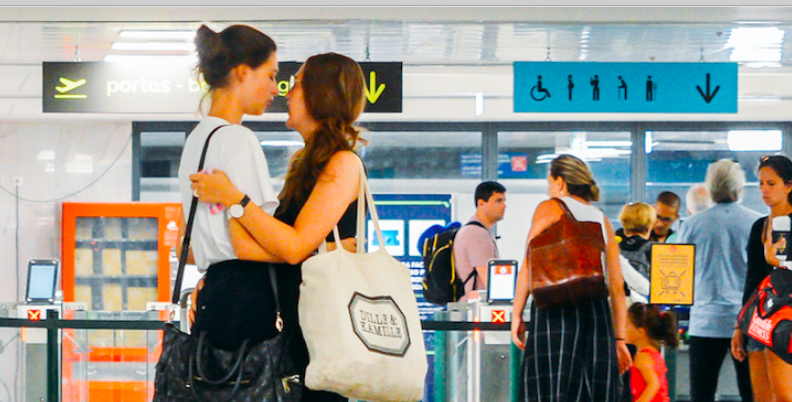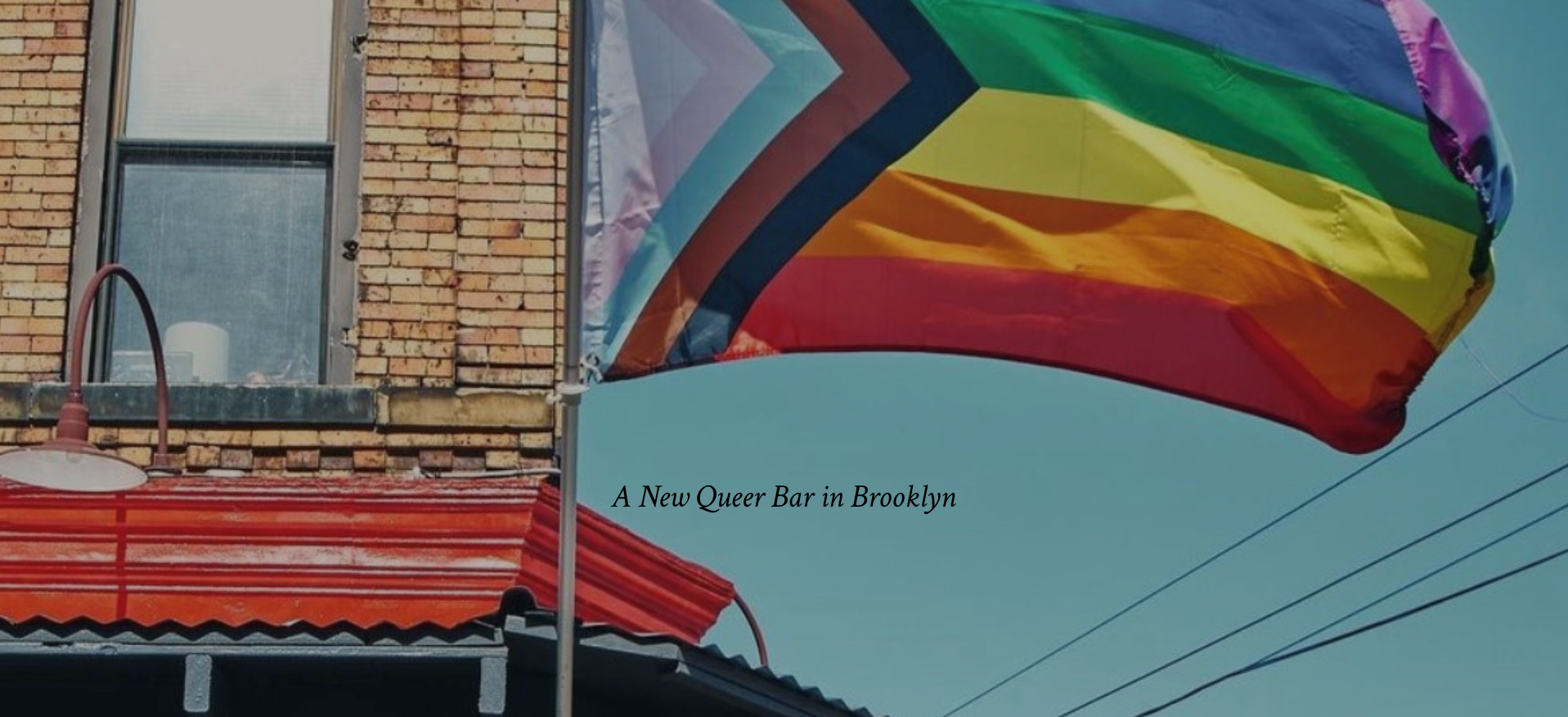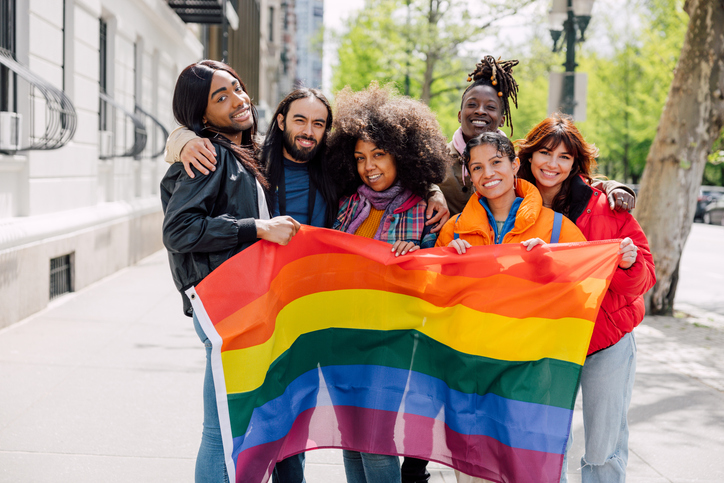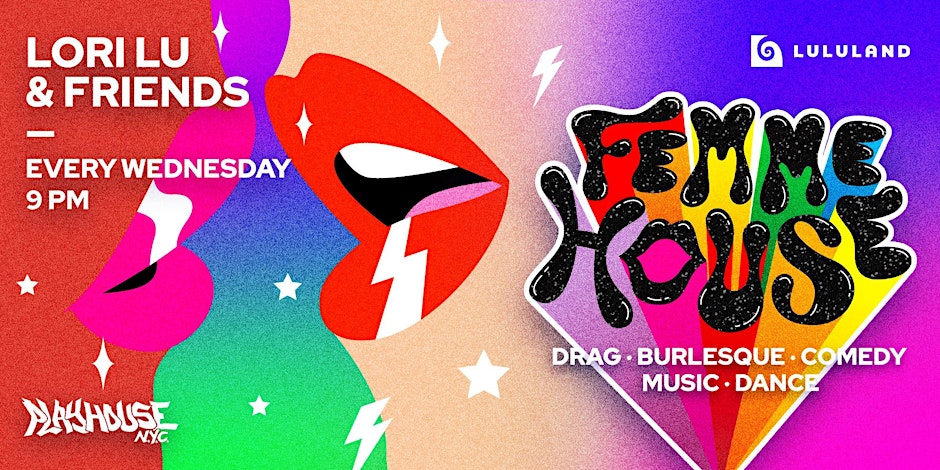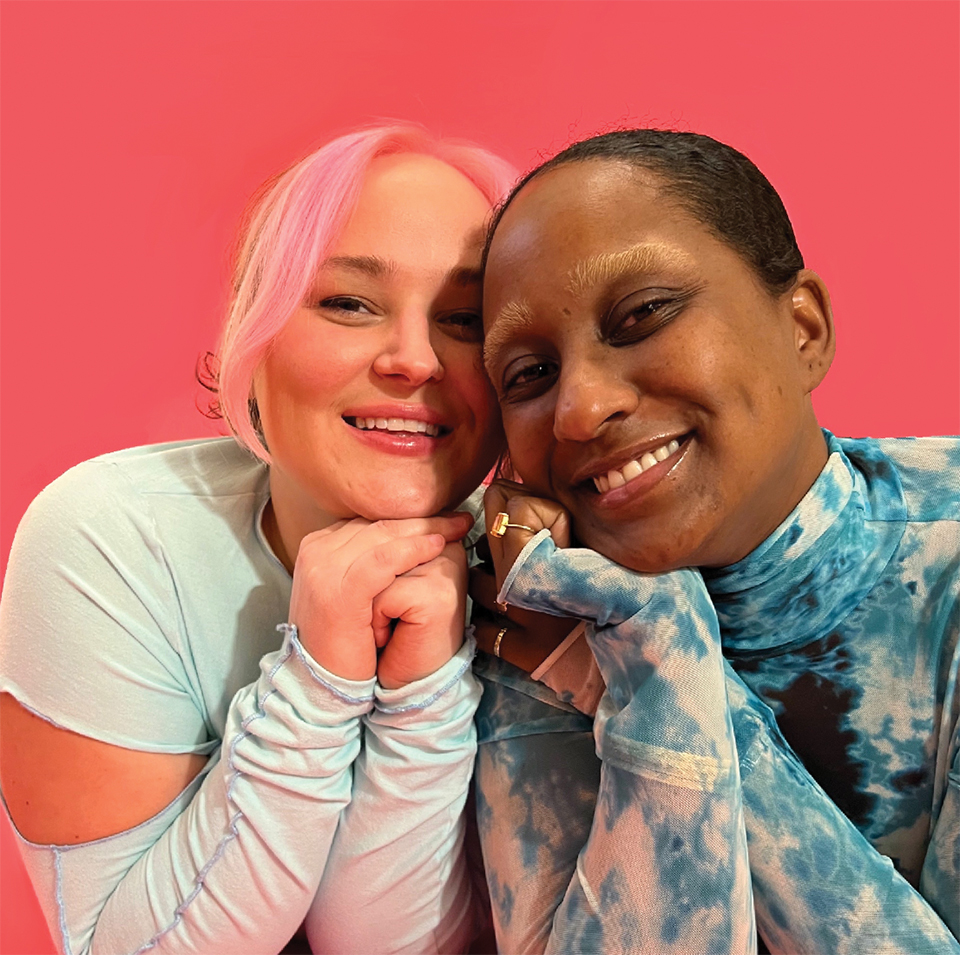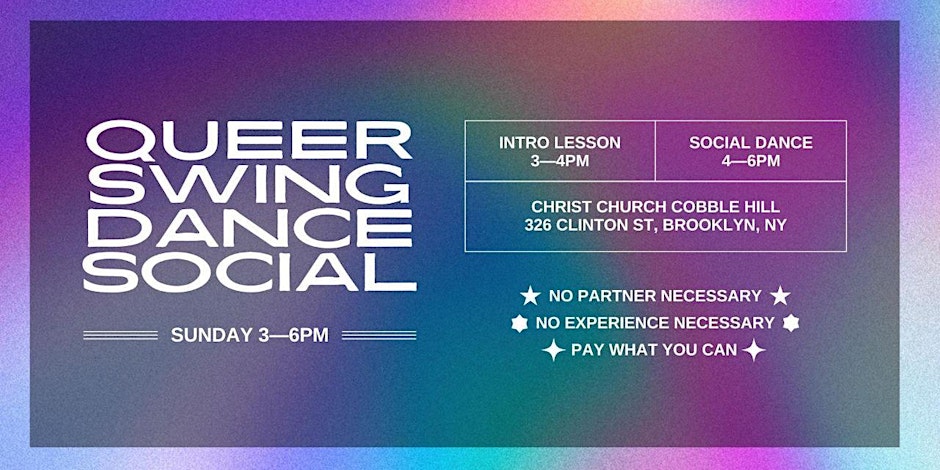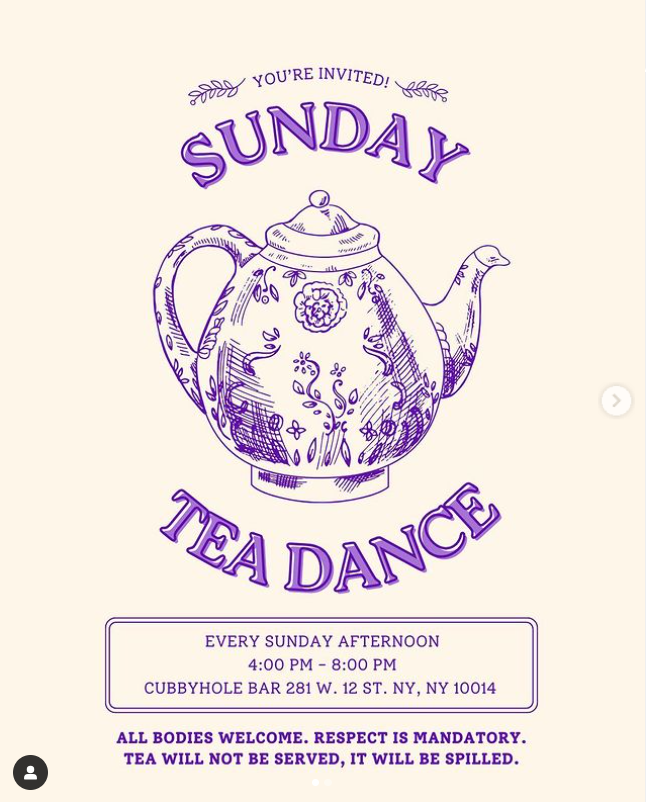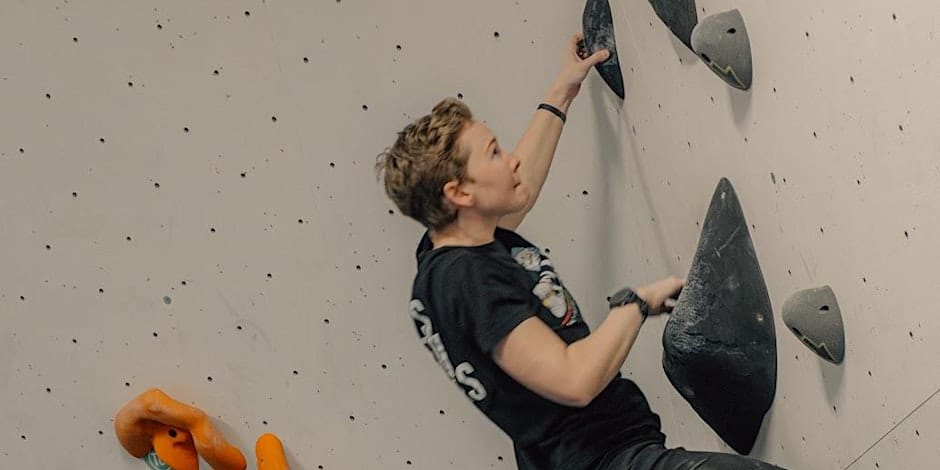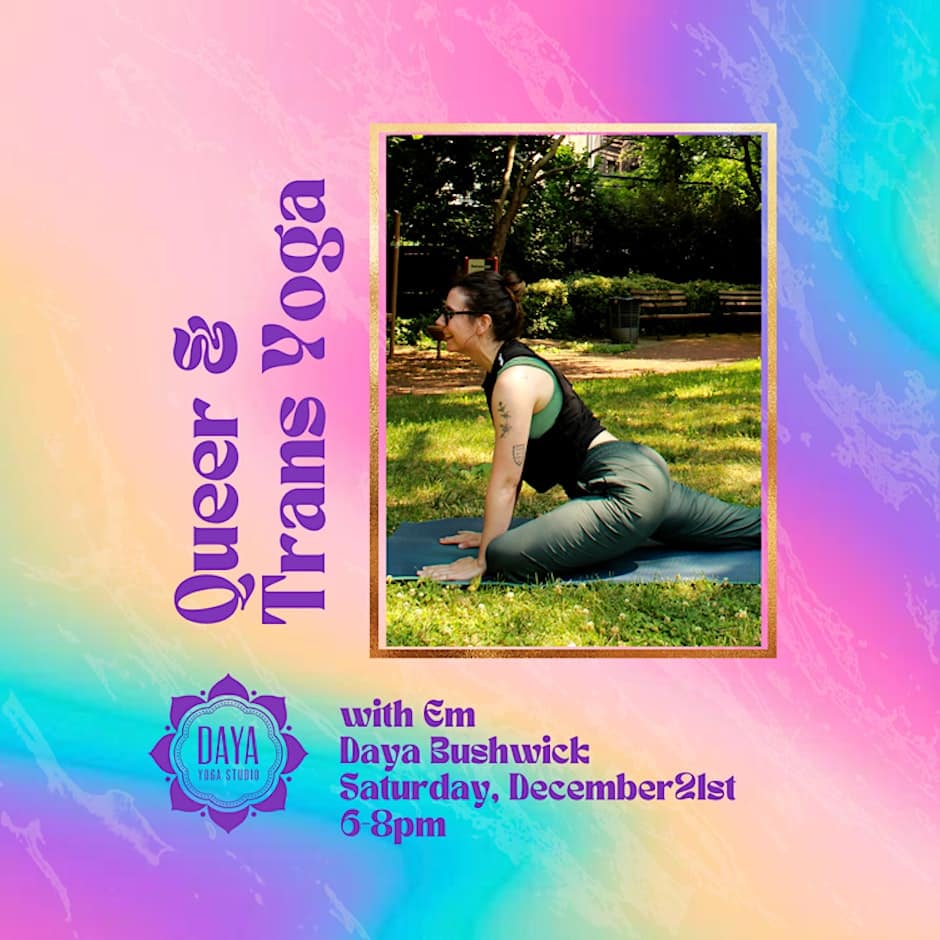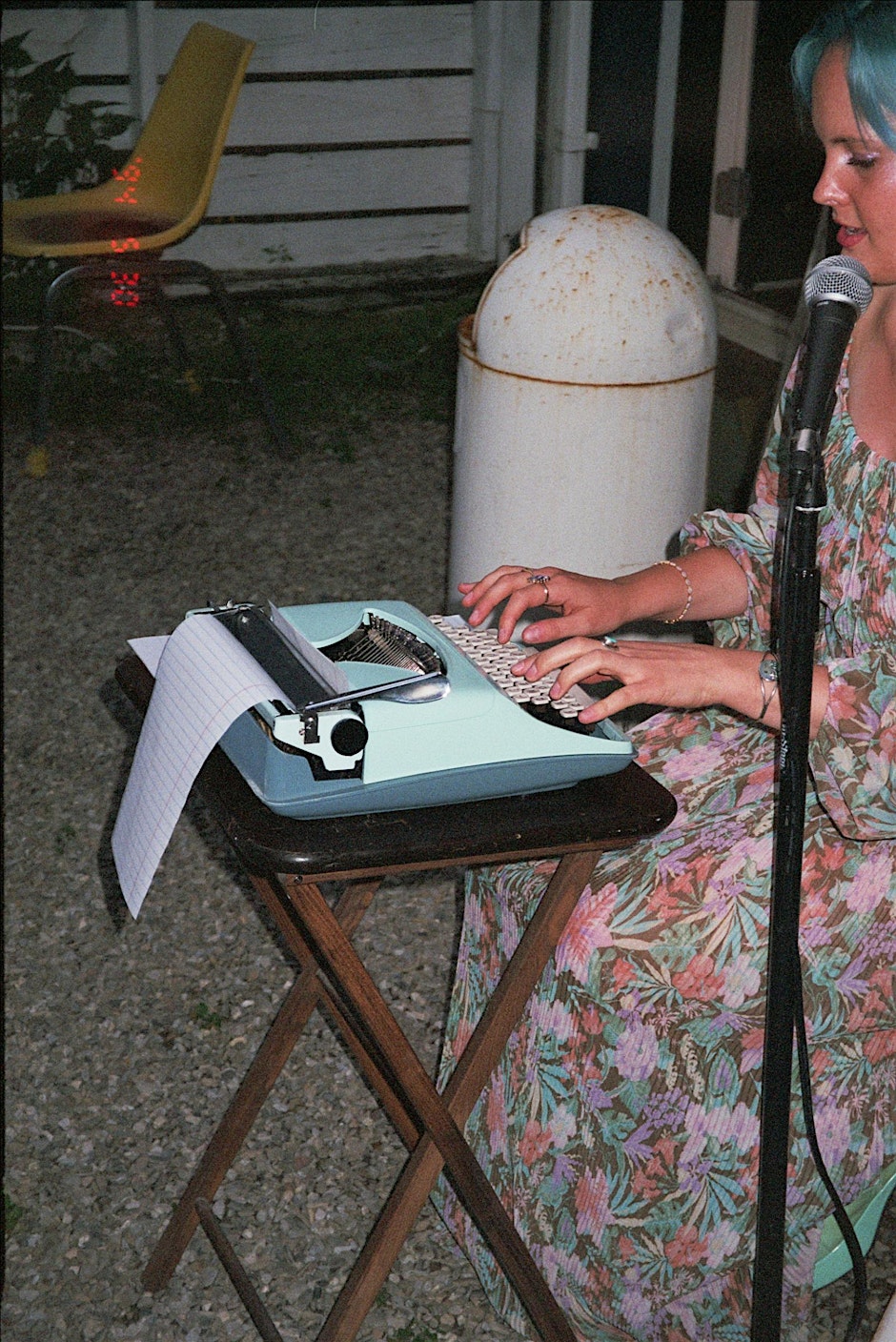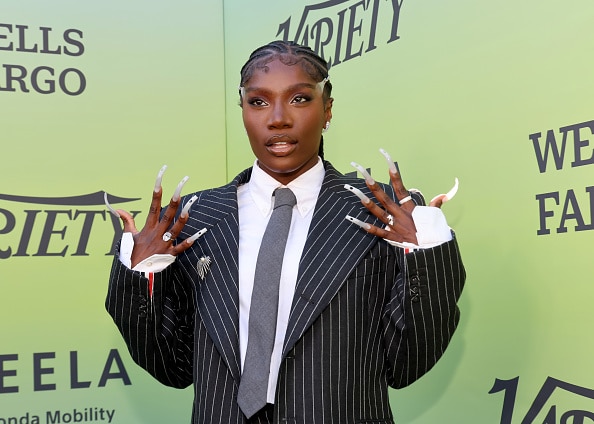Maintaining a long-distance love carries a unique set of challenges. That’s true in the best of times. And during the pandemic, with its bevy of extended travel bans barring many Long Distance Relationship (LDR) couples from physically being together, those challenges have felt all the more extreme.
It’s been, as Shana Houben puts it, “a test for every couple.” Or at least, it’s certainly felt that way to her. In November 2019, Houben had to return to her native Belgium from Thailand — which meant parting ways with her wife, Sunny. The pair had been unofficially married during a ceremony surrounded by family and friends in Thailand, where gay marriage isn’t recognized. They knew they would have to spend some time apart, but soon enough, they reasoned, they’d be together in Belgium. After the pandemic hit, “soon enough” stretched into a separation that lasted more than a year.
“I never guessed I would be apart from Sunny for 14 months,” Houben tells GO. “It was the longest time ever.”
The couple has thankfully since been reunited in Belgium, where they were legally, officially married in February. But learning how to navigate their months-long separation – the first time they’d been apart in nine years — took no shortage of new habits, rituals and tools for coping. And those happen to be tools that countless LDR couples have learned to rely upon, whether their distance was the result of the pandemic or predated it.
Shana and Sunny aren’t the only queer couple forced to face a LDR on top of a global pandemic. Around the world, queer couples have had to grapple with unexpected and prolonged separations. Luckily, queer women are no strangers to keeping the love alive. GO Magazine asked LDR couples to share their advice on how to keep relationships thriving from afar during Covid-19.
Incorporate each other into your “normal” lives.
Samantha Costello, who lives in the U.K., was able to carefully orchestrate time with her American fiancée, Bo, over Christmas. But outside of that too-brief window, they’ve largely spent the pandemic apart. What’s helping them bear the separation, she says, is their belief in sharing the small things with each other.
“Share life’s funny anecdotes,” Costello says. “Mindless chat enables a sense of normality. Share photos of routine and seemingly mundane daily moments, like getting into the car to head to work. Make each other part of your ‘normal.’”
It’s this effort to seamlessly ingrain each other into life’s quieter moments that creates the sense of companionship many in-person couples automatically experience. After all, not every moment you share together has to be an event.
“Talk even when you have nothing to say,” Costello adds. “Gaps of silence in phone calls and video calls are nothing to be feared in the same way you don’t talk constantly without silence if you live with someone.”
Plan fun (virtual) dates.
Beyond making each other a part of life’s day-to-day minutiae, creating special, intentional time to spend together is important. For example, New Yorker Taylor Presley and her French fiancée, Cindy, who will soon reunite after a year and a half-long visa process that ultimately ended in them taking the U.S. government to court, created a series of innovative FaceTime dates.
“We’ve been watching ‘RuPaul’s Drag Race’ on FaceTime together on the weekends, which is my Saturday afternoon and her Saturday night,” Presley says. “Sometimes we’ll play games together on FaceTime, sometimes we’ll plan our future, and sometimes I’ll cook or make a cocktail and call it ‘The Taylor Cooking Show.’”
Although the pair also makes a point of FaceTiming in short spurts and staying connected throughout the day, planning longer video-call dates on the weekends has helped keep things fresh.
“It’s really easy for romance to slip when you’re only talking to each other through a screen, so try to play games, watch movies, cook something together or talk about the things you’re looking forward to,” Presley advises.
Communicate constantly — even when you’re upset.
Kate Robinson hasn’t been able to see her partner of four years, Ash, who lives in Gibraltar, since flying back to California just before the pandemic hit. The series of trips and visits they had planned for 2020 were all canceled, and now the couple hopes they’ll finally see each other again in July. But even that, they recognize, isn’t a guarantee. In the meantime, what’s helping them cope is “constant communication,” as well as the “reassurance that we’re both in this together,” she says.
“My recommendation to other LDR couples is to keep communication a top priority,” Robinson says. “It’s too easy to begin communicating less as time goes by, and the more time that passes, the less connected you feel… We don’t have the luxury of being able to give each other a hug when we’re sad or happy, hold hands walking down the street, or lay our head on their shoulder or on their lap after a long day or week. All we have is communication, so regardless of how you’re feeling, you must communicate these feelings to your partner.”
That holds true even when you’re upset with each other or arguing, she adds.
“When we argue, we always make sure to talk through the issues so we can move on, even if it takes a day or two,” she says. “I am much more stubborn and emotional than her, so often when we fight, I need time to cool off. But even if that means hours upon hours of silence, I still never go to bed without texting her that I love her. And she does the same. Again, it’s the reassurance that, even though I’m pissed, you’re still important to me.”
Make your commitment to each other known, often.
Amanda Abed had just returned from visiting her now-wife, Sabrina, in New York in February 2020 when Brazil went into lockdown. Ultimately, the pair was able to marry during the pandemic in a virtual ceremony officiated in Utah, and they’ve since been reunited in Brazil after eight months apart. But it was their willingness to constantly voice their commitment to each other — in addition to all the surprise gifts, FaceTime breakfasts, and virtual dates — that helped them push through their separation.
“You have to trust your partner and always tell the truth, and you also have to communicate well — when you’re happy, upset, frustrated,” Abed says, adding with a laugh that “kinky talk” also helps. “You have to tell them how much you love and trust in the relationship and that the challenge of being apart is worth it. Because it is!”
Recognize that the situation is temporary — and choose to keep fighting for each other.
As Costello puts it, it’s about looking past your immediate challenges toward the bigger picture — namely, that you’re overcoming this obstacle together for a reason.
“We retain the belief that we found each other by chance from 3,200 miles away for a reason,” she says. “If one of us feels down, the other shares their strength. If we both feel down, we accept that it will pass. Every day spent apart is simply a day closer to being in each other’s arms. We focus on the long-term goals and how these can, and will, be achieved.”
For Houben, knowing “deep in her heart” that Sunny was the woman she wanted to spend the rest of her life with made the wait well worth it. In the end, you simply have to choose each other over and over, whether the person you love is in the next room or on the next continent.
“The sad thing is that there are couples who gave up on the love they had and didn’t keep fighting,” Houben says. “That made me realize I will never be that person and give up on Sunny, and I know Sunny also kept fighting for me.”


